Category:- Supply Chain
You can find all the supply chain related posts here.
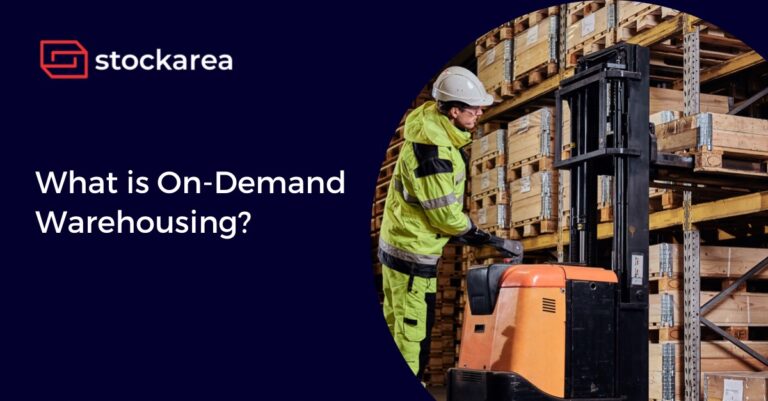
What Is On-Demand Warehousing?
On-demand warehousing is a flexible solution for businesses seeking to expand and manage inventory fluctuations. It allows businesses to use warehouse services on an as-needed basis through a pay-per-use model, allowing them to avoid making long-term commitments. Multiple industries, including those dealing with fast-moving consumer items, industrial production, and hospitality, can benefit from on-demand warehousing. This concept can be utilised by both large and small businesses trying to improve their supply networks.
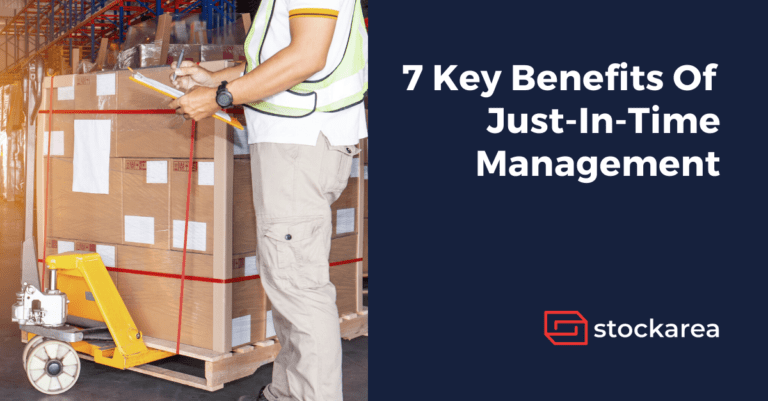
7 Major Benefits Of Just-In-Time (JIT) Process
Inventory management assures adequate supply to fulfill customer demand. Inventory management tools and practices can help businesses forecast and satisfy customer demand. For effective inventory management, purchasing, reorders, shipping, warehousing, storage, customer satisfaction, asset turnover, and other data are collected and analyzed. The goal is to maximize earnings with little inventory investment while maintaining customer satisfaction. Inventory management can assist prevent stock-outs and overstocking.
A Just in Time programme has numerous advantages, which will be discussed in this blog.
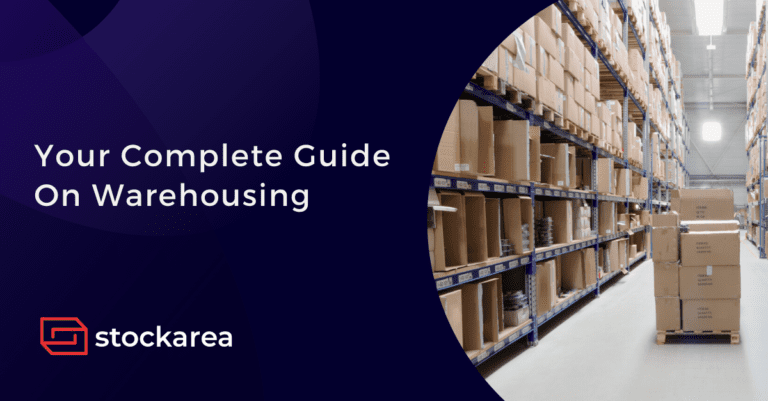
What Is Warehousing?
Businesses can temporarily store products and optimize shipping to customers with the help of warehousing. Even repackaging products for marketing purposes or optimizing the package for last-mile delivery is possible thanks to warehousing. These are essential steps for ensuring that products move through the supply chain to the final customer, ensuring that they have the best experience possible.
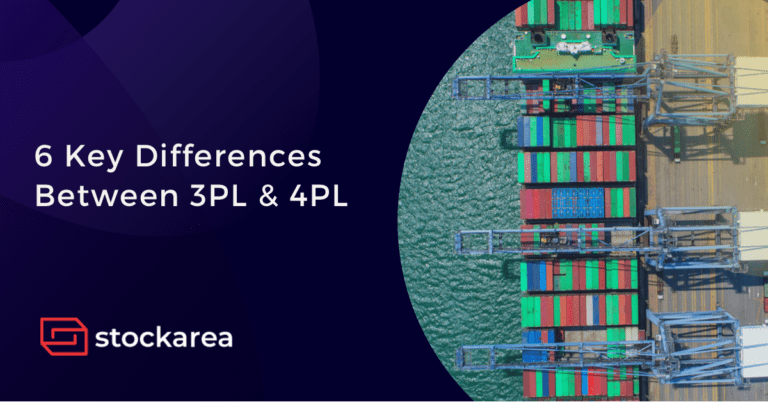
3PL vs 4PL: Understanding The Key Differences
When looking for fulfillment providers, you will most likely come across two terms: ‘3PL’ and ‘4PL.’. While 3PLs are far more popular, both phrases refer to outsourcing fulfillment and e-commerce logistics services, so understanding the distinction is critical. In this article, you’ll understand the essential differences between a 3PL and a 4PL to help you decide which type of logistics provider is best for your company.
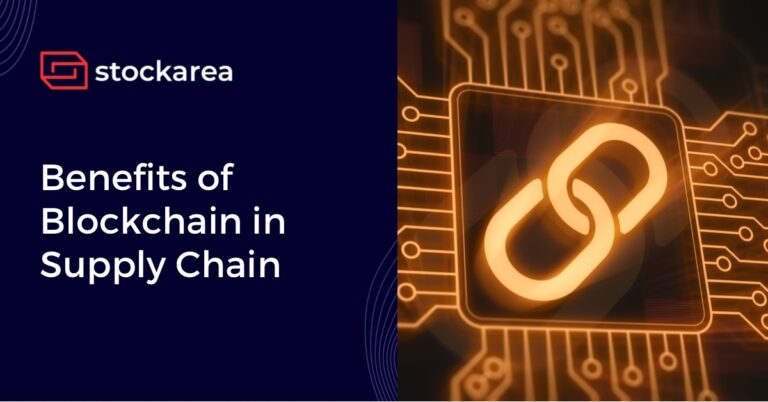
4 Major Benefits Of Blockchain In Supply Chain
While blockchain technology is still in its infancy, particularly in logistics operations, its promise for the sector cannot be questioned. It can transform every aspect of logistics, from inventory management to transportation tracking. By utilizing blockchain technology for data authentication, the entire supply chain can contribute and authenticate data with the confidence that it will not be tampered with. We will examine several ways that blockchain technology can assist the supply chain in today’s blog.
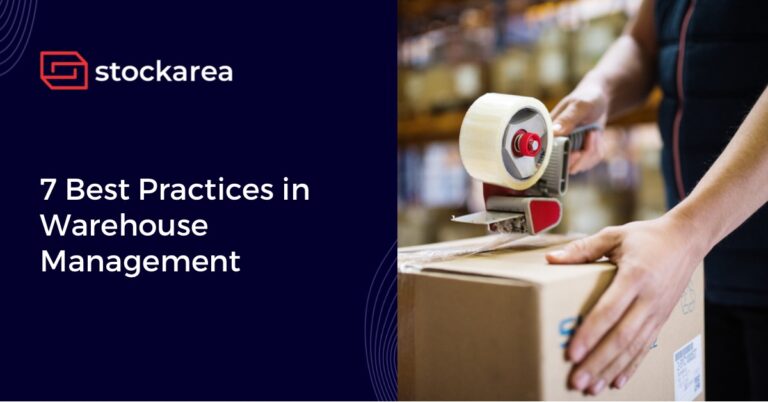
7 Best Warehouse Management Practices
Warehouse management is often a delicate balancing act — guaranteeing adequate inventory while protecting it from theft – all within a small space. We’re delighted to provide these warehouse best practices, which have been developed in consultation with some of the industry’s sharpest minds. They’re sure to improve your operation’s organization, space usage, safety, productivity, and inventory management.
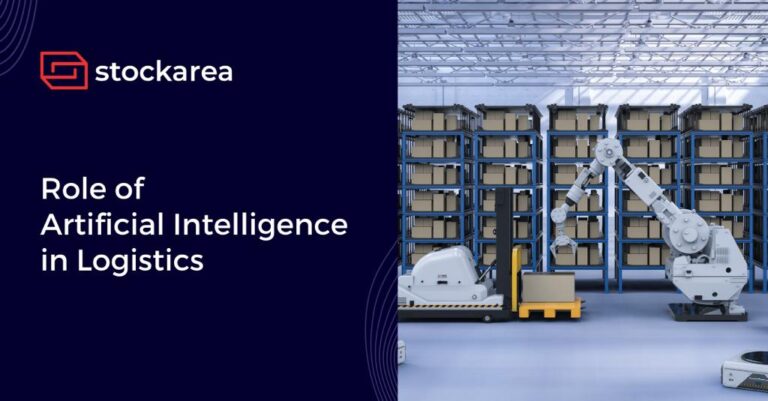
Role Of Artificial Intelligence In Logistics
New technology such as artificial intelligence (AI) has impacted most industries and logistics is no exception. The advancement of AI has transformed the world of logistics. Among the most notable breakthroughs made possible by this technology are warehouse automation, self-driving vehicles, predictive analytics, and intelligent highways. This robust technology enables the automation and simplification of multiple operations, enabling businesses to save time and money.
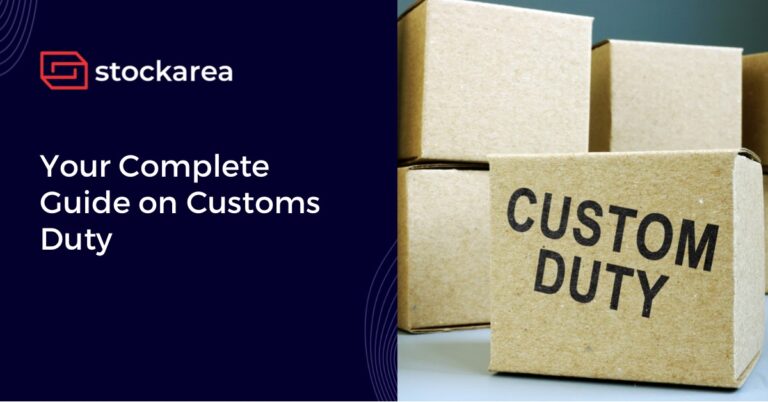
What Is Customs Duty?
When commodities are transferred across international borders, customs duties are imposed. It is a tax imposed by governments on products exported and imported. Taxation is advantageous for a variety of reasons. For example, it safeguards a country’s economic stability, employment, and ecology. It is in charge of regulating the import and export of goods.

What Is Customs Clearance?
Customs clearance is an essential procedure before importing or exporting goods internationally. Once a shipment is cleared, the shipper provides documents confirming the payment of customs charges, and the package can be processed. Customs clearance becomes more accessible when a customs broker is consulted throughout imports and exports. Continue reading the blog to understand the concept of customs clearance better.